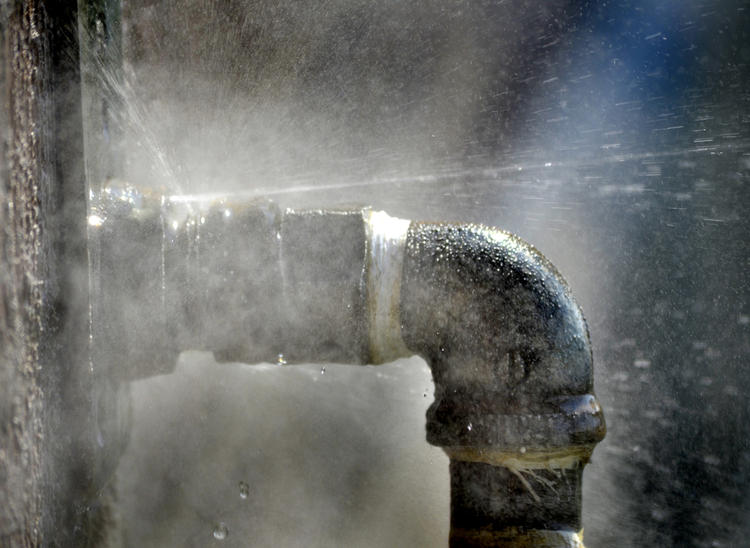
Image Credit: University of Waterloo.
The compact device makes use of nanotechnology to power itself and transmits an alert to smartphones upon being exposed to moisture.
Since the need for a battery and associated circuitry is avoided, the team predicts the sensor could be manufactured on a commercial scale for $1 each, which is nearly one-tenth of the cost of existing leak detection devices available on the market.
One of the big issues related to water damage in buildings is that owners don’t install enough sensors because they are too expensive. The much lower cost of our sensor enables the deployment of many, many more to greatly improve protection.
George Shaker, Engineering Professor, University of Waterloo
One of the main causes of property losses in offices, apartments, and other buildings is the leakage of water. This leads to higher insurance premiums and expensive repairs.
The new sensor is smaller than a nickel, with a diameter of 5 mm and includes stacked nanoparticles. When the nanoparticles get into contact with moisture, a chemical reaction generates adequate electricity that can be used to power a wireless radio and other sensors to record environmental conditions like temperature.
The wireless radio and additional sensors are located on a circuit board packed along with the leak sensor in a box measuring just 3 cm2.
We harvest the energy that is created when the sensor is exposed to water and that energy then powers the electronics to send an alert to the user’s cellphone via the internet.
Norman Zhou, Study Collaborator and Professor of Mechanical and Mechatronics Engineering, University of Waterloo
Apart from being inexpensive, the new sensors reset themselves after use, are ecofriendly, need considerably less maintenance, and can be mounted in hard-to-reach places, including areas that are otherwise inaccessible at the time of building construction.
Apart from looking to commercialize their sensor, the researchers are also seeking additional applications for the fundamental technology, such as in bandages for detecting wound leakage after surgery and in diapers for the elderly.
“We believe this has the potential to solve several important problems,” added Shaker, a cross-appointed professor of electrical and computer engineering, and mechanical and mechatronics engineering.
A paper titled “Development of novel water leak detection mesh network utilizing batteryless sensing nodes” was presented recently at an international conference on smart cities and the Internet of Things.
Other members of the research team included Oliver Witham, student, Ming Xiao, postdoctoral fellow, Jiayun Feng, research associate, Walter Duley, physics and astronomy professor, and Nathan Johnston, graduate student.